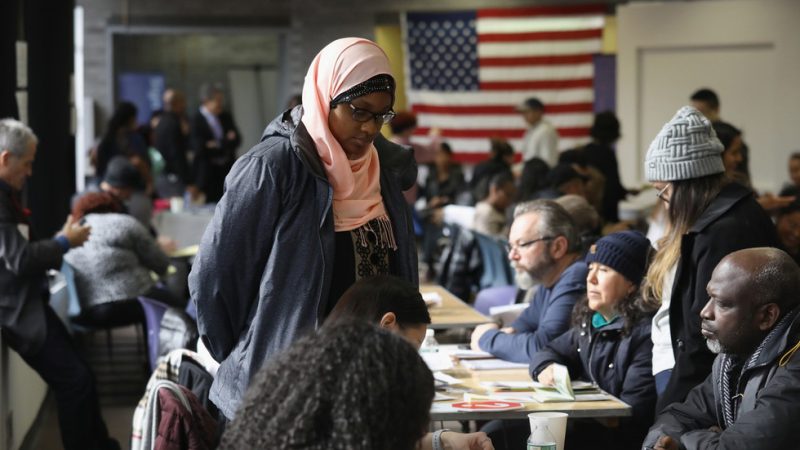
The United States is significantly stepping up its vetting process for immigration applicants, incorporating a new level of social media scrutiny. This heightened surveillance focuses on identifying individuals who express support for terrorist organizations or engage in anti-Semitic rhetoric. The policy shift signals a hardening stance on immigration, prioritizing national security concerns and the protection of vulnerable communities.
Specifically, the US Citizenship and Immigration Services (USCIS) will now actively review applicants’ social media activity for any indication of support for groups like Hamas or Hezbollah. Posts deemed to be supportive of these organizations, or containing anti-Semitic statements, will be classified as hate speech. This classification will serve as grounds for visa denial, potentially barring entry into the country.
This move reflects a broader trend of increased scrutiny of social media activity in immigration processes globally. Many countries are adopting similar measures to assess the potential risks associated with incoming migrants. The US, however, is notably expanding its focus to include specific forms of hate speech, highlighting the administration’s commitment to combating antisemitism and terrorism.
The implications of this policy change are far-reaching. Applicants are urged to carefully consider their online presence and activity before applying for a US visa. Any past expressions of support for extremist groups or engagement in hate speech could have serious consequences. The new screening process underscores the importance of maintaining a responsible online presence, particularly for those seeking to immigrate to the United States.
While the policy aims to enhance national security, concerns have been raised regarding potential biases in the screening process and the potential for misinterpretations of online posts. Transparency and clear guidelines will be crucial to ensuring fairness and preventing unintended consequences. The implementation of this policy will undoubtedly be closely monitored for its effectiveness and impact on immigration processes.









